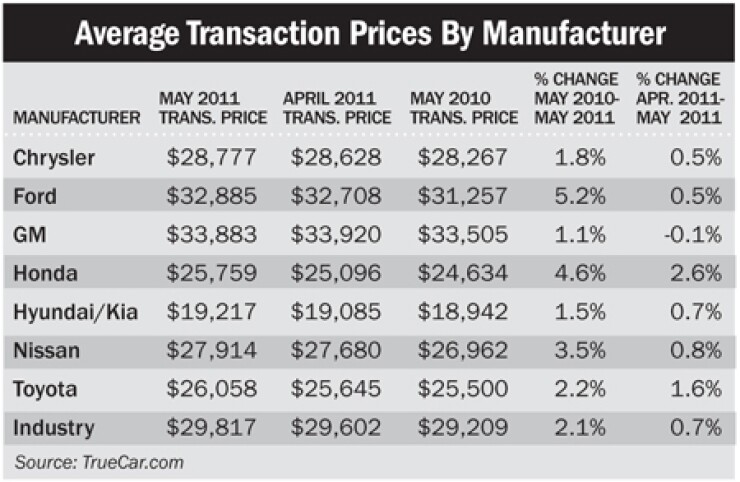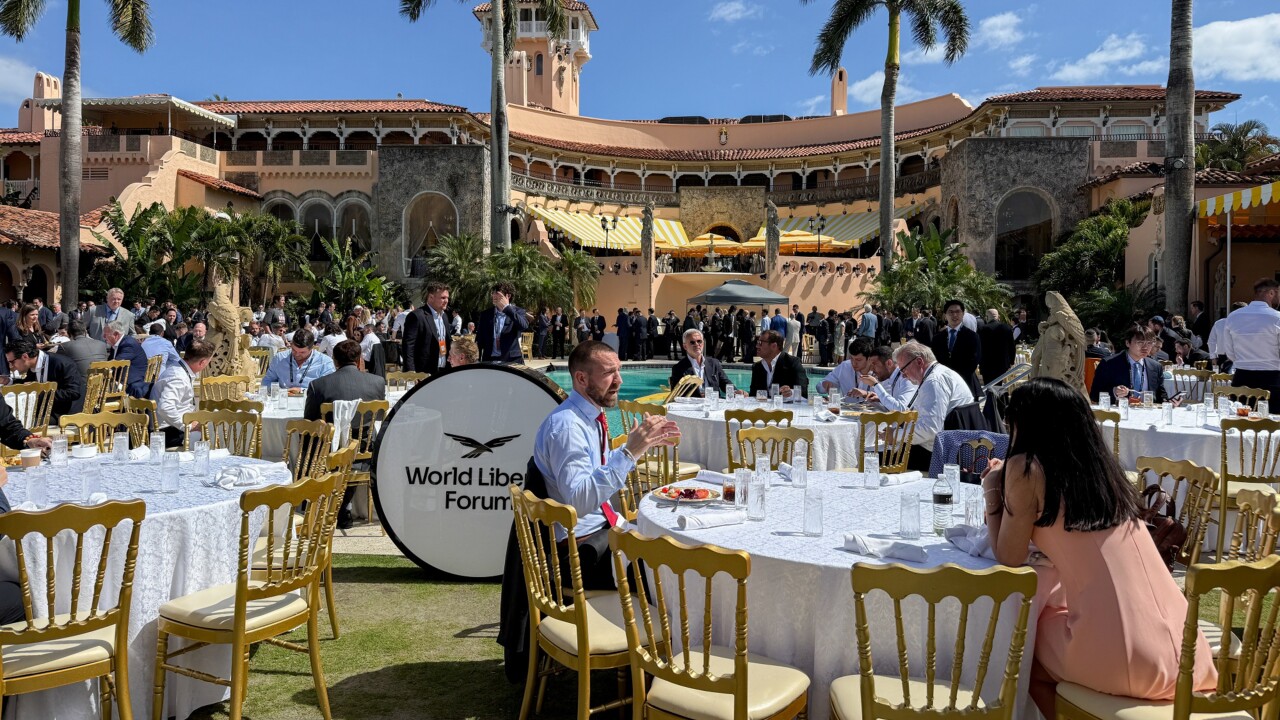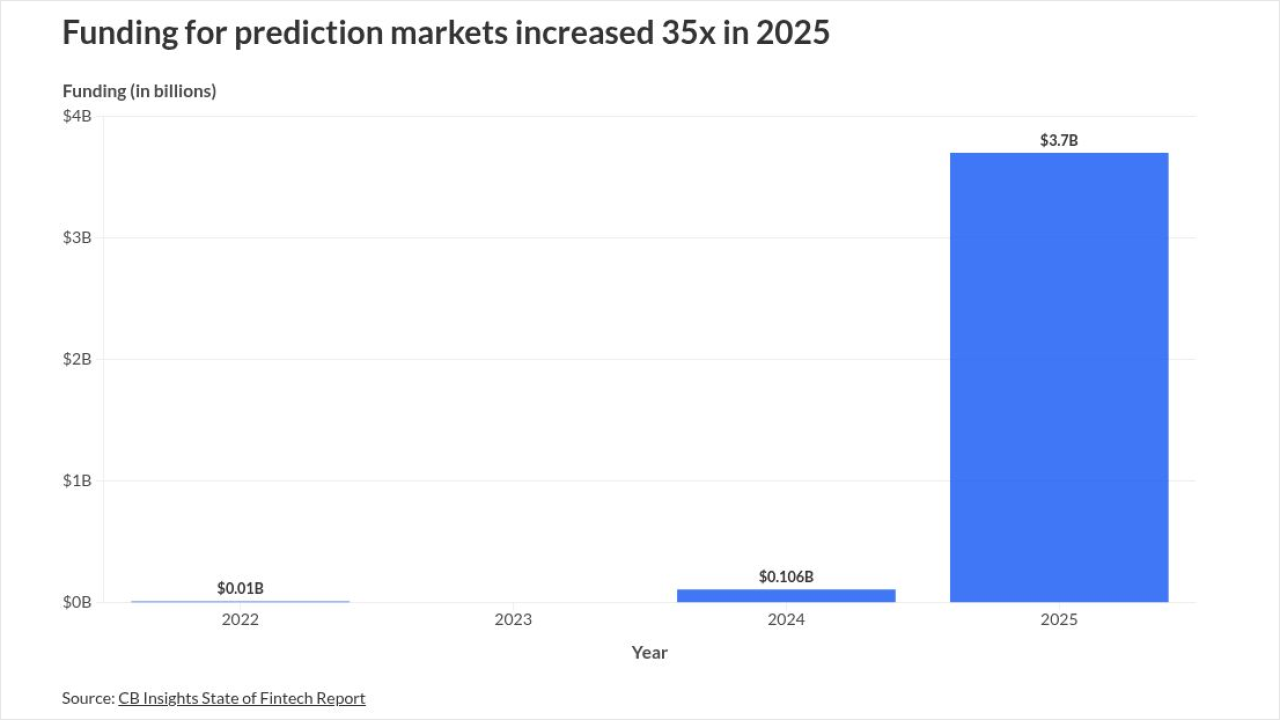

MIAMI-Cuts in production of Japanese vehicles are raising car prices and concerns about auto lending loan-to-value ratios and the ability of borrowers to repay.
Sources suggested that credit unions need to pay close attention to lending policies and strategies due to an auto loan market that is changing — car prices are rising due to limited supply, manufacturer incentives are dropping off, and new car sales could come back strong early next year when Japanese auto production is expected to return to levels experienced before the devastating earthquake and tsunami hit that country.
According to TrueCar.com, the average transaction price for passenger vehicles in the U.S. totaled $29,817 in May, an increase of $608 or 2.1% compared with a year ago and up $215 from April.
John Sternal, VP of LeaseTrader.com here, confirmed that prices for new and used cars are climbing. With demand up for fuel-efficient vehicles and car supply down, Sternal said many carmaker incentives-both Japanese and U.S.-have come off. "Instead of paying $1,000 or $2,000 off sticker, now buyers may be paying sticker plus $100."
Joe Greenwald, VP of marketing for Credit Union Direct Lending (CUDL), Ontario, Calif., cautioned that credit unions need to watch how they lend in an environment in which car prices are rising but could come back down quickly when supply picks back up. "They have to decide how competitive they want to be-someone will make the loan that your member has come to you for."
Add in fuel prices near or above $4 a gallon and some consumers could reach their monthly cash-flow limits, sources told Credit Union Journal. "That is a concern," noted Greenwald. "Maybe someone now is trying to get a car that has moved a little out of their reach. It takes good analytics and analysis to determine the borrower's capability and the risk you can take in the portfolio."
Increasing LTVs to Get Loan
The Colorado Springs, Colo.-based ENT is willing to increase loan to value to get a good loan, said SVP Bill Vogeney. "I think everyone is under pressure to make more loans and when we think about the risks of lending, we would rather lend a higher loan to value to a good borrower rather than try to find one more loan from a borrower with a 600 FICO score. It is easier and safer to deal with loan-to-value risk than credit risk."
Vogeney, also vice chair of the CUNA Lending Council, added that ENT has noticed greater price increases on used cars. "Our policies allow us to finance over NADA retail and Kelley Blue Book, so we have room to maneuver if the dealer has the car priced above book value."
David Tuyo, EVP/CFO at the $1.1-billion Pen Air FCU in Pensacola, Fla., said his credit union will be watching how this car pricing scenario plays out over the coming months. "We could see prices fall quickly if there is some type of inventory growth, so we will be keeping our eyes on manufacturing levels."
Something else to pay attention to, Sternal suggested, is the number of buyers for Japanese fuel-efficient vehicles sitting on the sideline now who early next year-if the economy does not hit a major bump-could jump into the market when Japanese production and incentives come back. "And you can bet that when the Japanese manufacturers come back they will have pretty aggressive incentives to make sure they get customers back."
'Bridge The Gap' Leases
What indicates to Sternal that the buyers are there is a significant increase Lease Trader is seeing in "bridge the gap" leases on Japanese gas savers. Lease Trader connects consumers who want out of their current lease with those looking to pick one up. The company has seen more than a 7% increase in short-term takeovers, generally around 10 months, of Hondas, Toyotas, and Nissans.
"Car shoppers are taking over leases that allow them to drive one of these Japanese models into early 2012 when they will walk back into a dealership-which will have more normal supply levels, prices, and incentives-and buy a new car," Sternal said.
Tuyo believes there is pent up demand, saying Pen Air FCU is positioning itself to take advantage of "what we believe will be increased consumption at an increased rate for both new and used cars."
Greenwald is not as sure, saying the crystal ball currently has no answers. "Demand next year will be driven more by the U.S. economy, and there are positive and not so positive signs right now."
Vogeney does not need a crystal ball to know that new car sales will not come back early next year. "I don't see it happening. The economy is not running on all cylinders, and consumers are acting more rationally now to the rising gas prices than when gas prices went up in 2007 and 2008. Then we saw people trading in their SUVs, spending $20,000 on a Toyota to save $200 a month on gas. I don't think there will be the same rush to buy fuel-efficient cars, more of a slower adoption."





